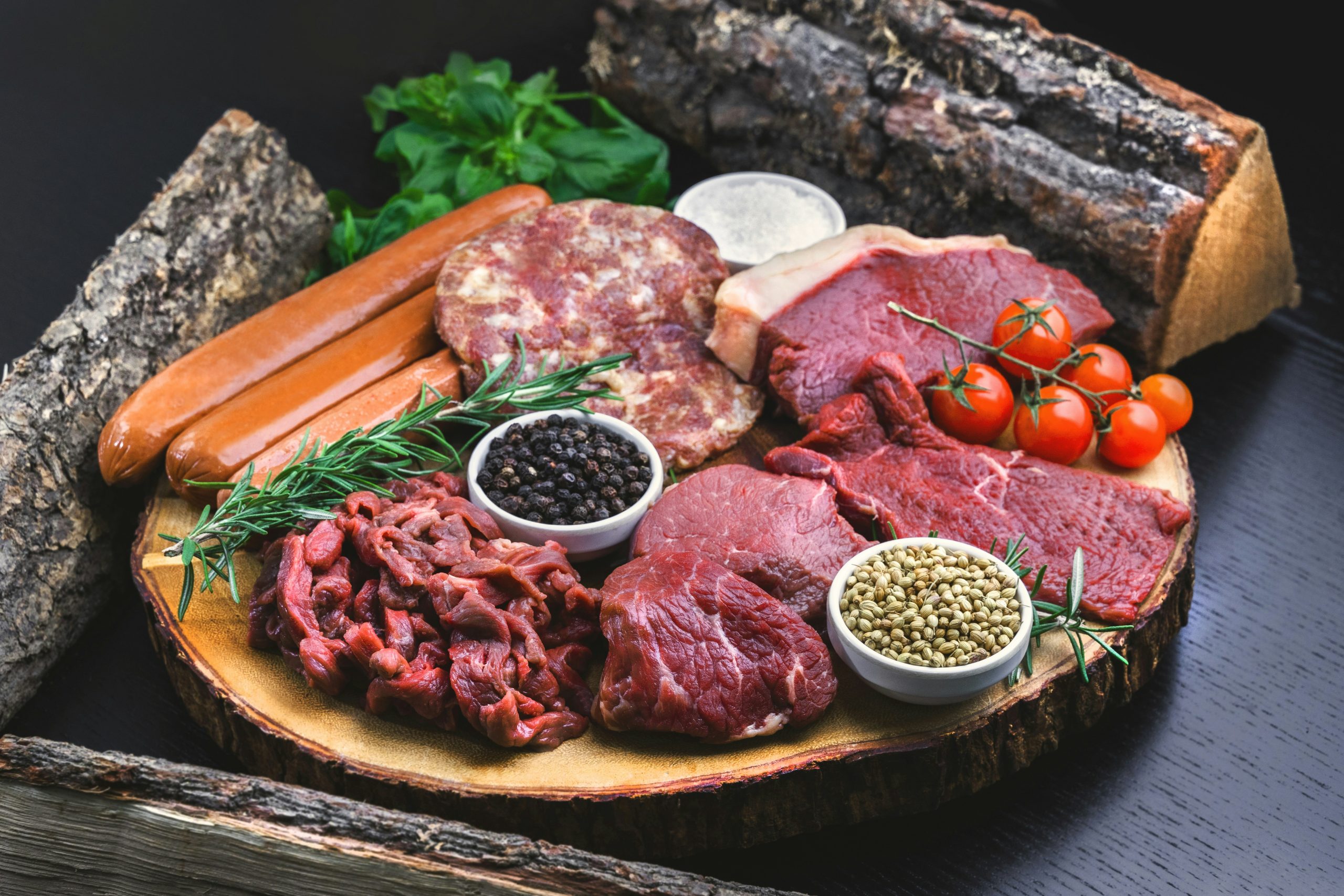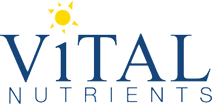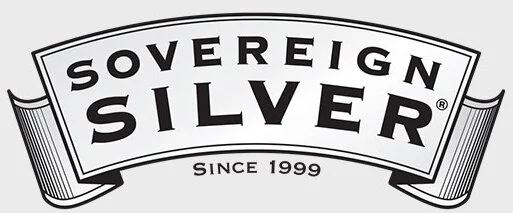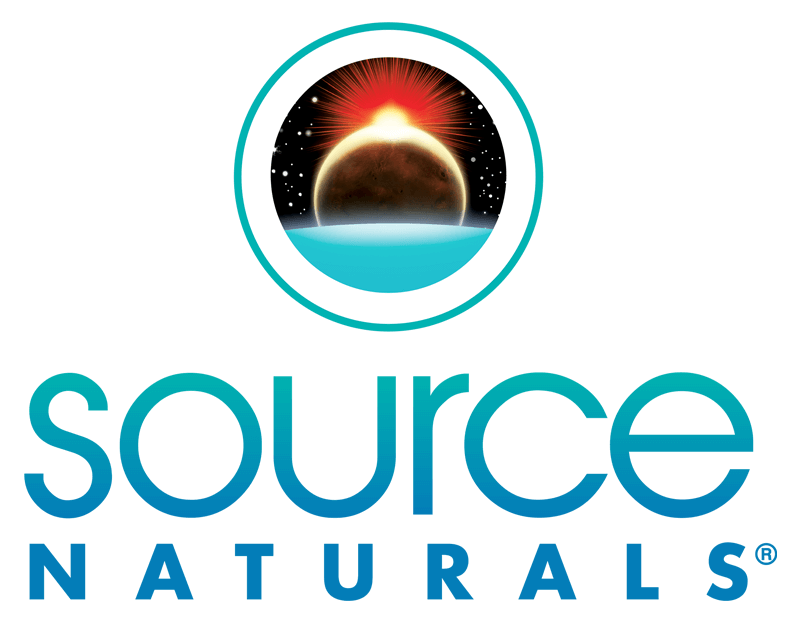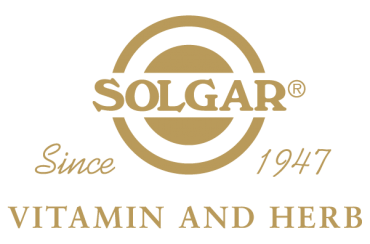Meat Sources: What to Consider
In the American diet, the main sources of meat include beef, pork, poultry (chicken and turkey), and to a lesser extent, lamb and veal. Each type of meat comes from specific animals, and their well-being depends on various factors. Here’s a general overview of what these animals need to survive and live a healthy life:
Cattle (Beef):
Diet: Cattle are primarily grass-eaters, and their diet includes a mix of grass, grains, and forages. A well-balanced diet is essential for their health.
Space: Adequate space for grazing and movement is crucial to prevent stress and ensure their well-being.
Shelter: Shelter is necessary to protect them from extreme weather conditions.
Pigs (Pork):
Diet: Pigs require a mix of grains, vegetables, and other feed to meet their nutritional needs.
Space: They need enough space to move around, express natural behaviors, and avoid overcrowding.
Clean Environment: Proper sanitation is important to prevent disease and maintain overall health.
Poultry (Chicken and Turkey):
Diet: Chickens and turkeys are omnivores, and their diet includes grains, seeds, insects, and sometimes fishmeal.
Space: Adequate space in housing and outdoor areas for free-range poultry is essential for their well-being.
Clean Water: Access to clean water is crucial for their health and proper growth.
Lamb (Sheep) and Veal (Calves):
Diet: Lambs and veal calves require a diet that includes forages, grains, and sometimes milk for veal calves.
Space: Sufficient space is necessary to prevent stress and promote healthy development.
To ensure that animals are well-treated and that meat or meat derivatives are as healthy as possible, consumers can take several steps:
Choose Responsibly Sourced Meat:
Opt for meat products labeled as organic, grass-fed, pasture-raised, or free-range, as these terms often indicate higher animal welfare standards.
Support Local and Sustainable Farms:
Purchase meat from local farmers or producers who prioritize ethical and sustainable practices.
Verify Certification:
Look for certifications such as Animal Welfare Approved, Certified Humane, or Global Animal Partnership, which indicate adherence to specific animal welfare standards.
Reduce Meat Consumption:
Consider reducing meat consumption or choosing plant-based alternatives to promote a more sustainable and humane food system.
Advocate for Animal Welfare:
Support policies and initiatives that promote humane treatment of animals in agriculture.
By making informed choices and advocating for ethical practices, consumers can contribute to a more sustainable and humane meat industry. Additionally, supporting transparency and accountability within the food supply chain is crucial for promoting animal welfare and ensuring the health of meat products.
We hope you found the information provided by Thera-Mineral valuable and insightful. At Thera-Mineral, we are dedicated to offering high-quality supplements to support your health and well-being.
If you have any further questions, need additional information, or would like to explore our range of supplements, please don’t hesitate to reach out. You can contact us at our office located at 25216 Grogan’s Park Dr. Suite A, The Woodlands, TX 77380. Our friendly team is ready to assist you by phone at 855-472-2569 or via email at support@theramineral.com.
For your convenience, most supplements are available on our website, theramineral.com. However, if you don’t find a specific product on the site, our dedicated staff can help you place an order, and we’ll ensure it’s delivered to your place of choice.
We appreciate your trust in Thera-Mineral, and we look forward to being a reliable partner on your journey to optimal health. Thank you again for being part of our community!


